Alpine nations struggle to confront climate change together
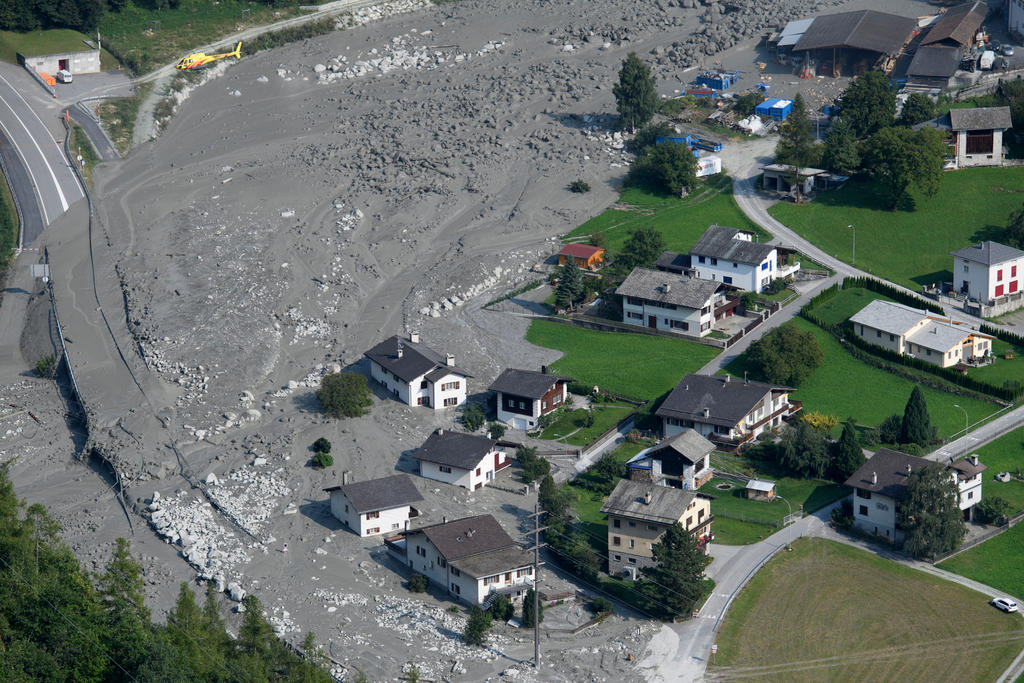
Rising temperatures will have a profound effect on the Alps. Yet despite everything they have in common, Alpine nations are having a hard time joining efforts to address climate change.
At the 24th Conference of the Parties to the United Nations Framework Convention on Climate Change (COP24)External link in Katowice, the Polish presidency is concentrating on three main themesExternal link: technology, man and nature.
In the Alps – the melting “water-towers” of Europe as well an outdoor playground – coping with climate change is complicated by the fact that so many cultures and countries are involved.
“Climate change is affecting the Alps more severely than other areas,” according to the eight-state Alpine ConventionExternal link, which predicts that mountain areas – and their rapidly shrinking glaciers – will be hit harder by rising temperatures than other European areas.
This image from The Alps in 25 MapsExternal link shows the projected temperature change from 2021-2050.
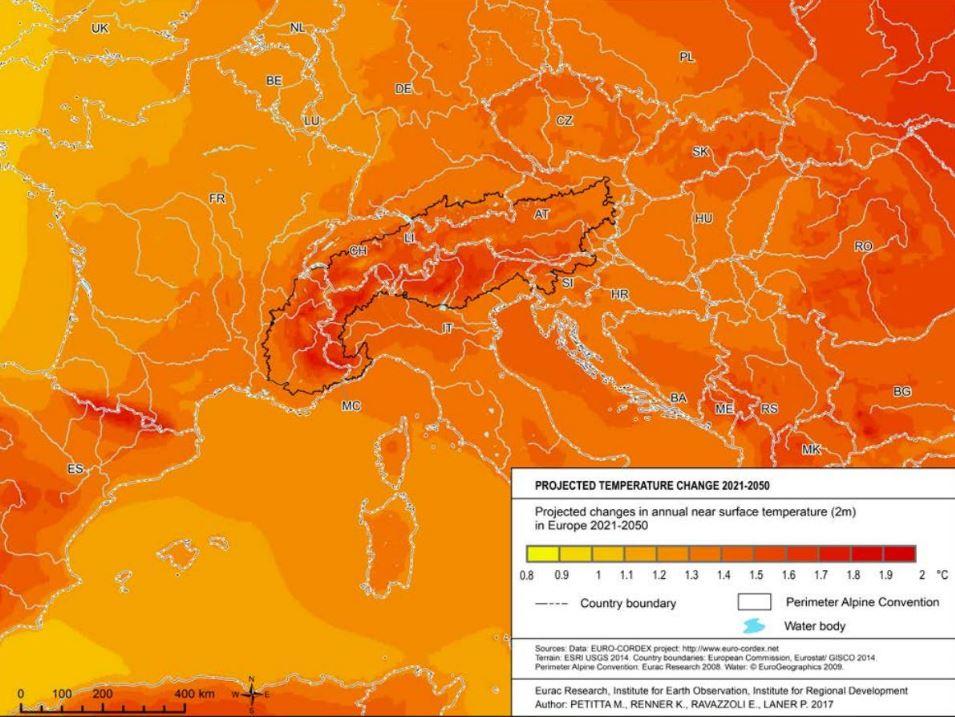
Possible scenarios include extreme weather events like heavy rainfall and drought, which can lead to rockfall, flooding and forest fires while threatening the water supply for drinking, agriculture and hydropower.
Markus Reiterer, Alpine Convention Secretary General, calls for more as well as better cooperation.
“The Alps cannot do without cooperation. We have so many different countries and stakeholders, and dozens of regions. I think we’re pretty good at it already, but there’s always the chance of duplication and stepping on toes,” he said, ticking off various Alpine interest groups at a recent International Commission for the Protection of the Alps eventExternal link.
Technology
Electromobility tops the Polish list for “climate-friendly modern solutions”. Cross-border mobility in the Alpine region – where emissions are a threat to the landscape and its residents – is a particular concern of Swiss parliamentarian Thomas EggerExternal link, the director of the Swiss Center for Mountain RegionsExternal link.
According to Egger, the issue is barely on the international political radar because it’s eclipsed by discussions on freight, tourism, and tunnels like the Gotthard – which cuts through Switzerland to link the regions north and south of the Alps. Egger says data is a missing link.
“We don’t have harmonized data on the European level. For Instance, Italy collects data on cross-border mobility only every ten years. Switzerland does it every four months,” Egger told swissinfo.ch. This map [draft version] shows the hotspots where inbound commuter traffic is heaviest.
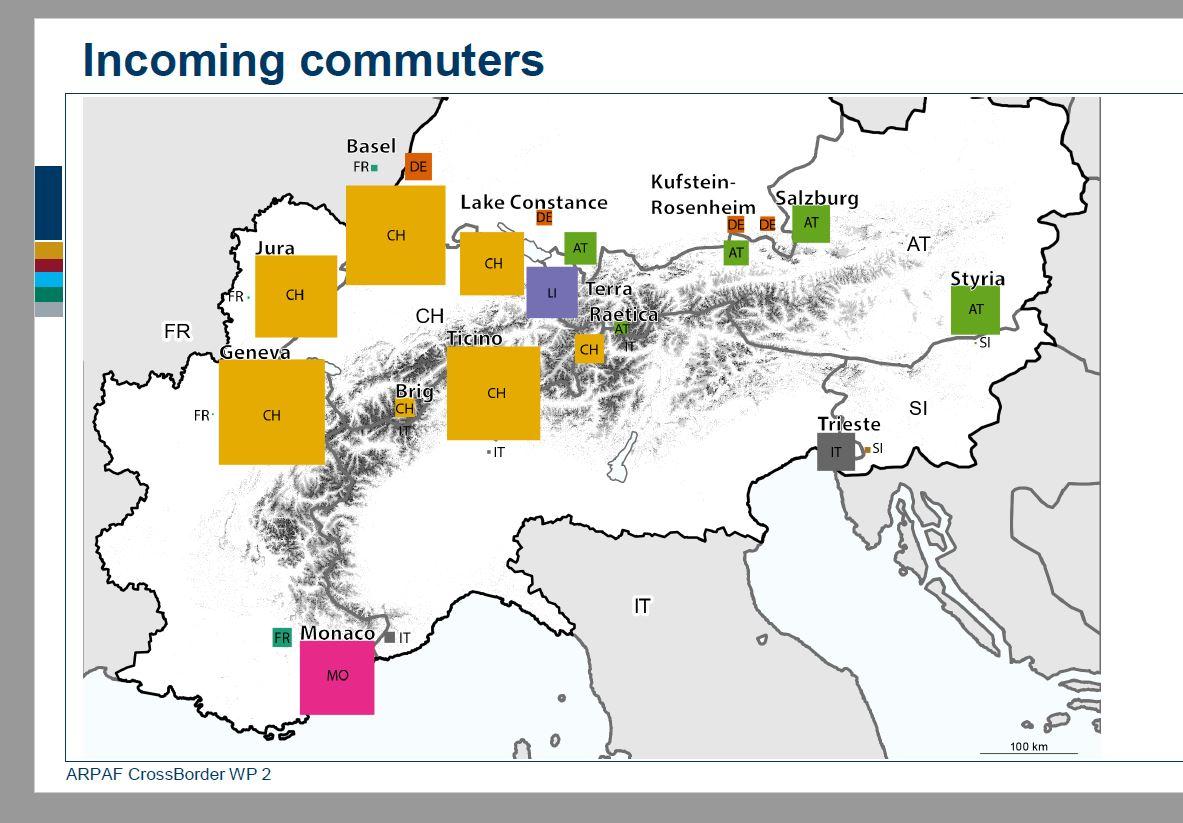
Egger hopes that increased cooperation can help spark change in the form of practical international solutions like better train timetable coordination, traffic lanes for high-occupancy vehicles and perhaps financial disincentives for cross-border commuting – all of which could help to lower CO2 emissions caused by cars in the Alps.
Despite the challenges, he’s optimistic about the potential for better cooperation among the Alpine nations, noting that Switzerland can import European ideas without being a member of the EU. And vice-versa.
“We can really learn from each other and exchange good practices within this Alpine arc. In Switzerland, every municipality with at least 100 inhabitants must be served by public transport, which is unique in the whole Alpine area. So we can export this idea,” he quips.
Man
When it comes to mankind, the Polish presidency of COP24 is calling for the “fair social and economic transformation of industrial regions”. These might be far from the Alps, but the concept of sustainable living calls on consumers everywhere to consider how goods are produced – and at what cost to workers and the environment.
This notion of fostering respect is invoked when environmentalists refer to “ecosystem services” – in other words, what nature can offer to people.
Alice Labadini of Eurac ResearchExternal link explains that a key goal of the nearly-finished, EU-funded AlpES (Alpine Ecosystem Services)External link project was to come up with frameworks that can help shape governance and solve conflicts between sectors and territories. Over a three-year period, she and her colleagues from around the Alps worked to map the Alpine region’s ecosystem services and assign a value to them – Switzerland included.
“Switzerland is part of the Alpine Space programmeExternal link so we also mapped Swiss territory. Sometimes this was a challenge because a lot of the databases are provided by the EU and they lack Swiss data, but we had a good relationship with the Swiss authorities and we managed to collect it,” Labadini told swissinfo.ch.
Nature
“Supporting achieving climate neutrality by absorbing CO2 by forests and land, or by water management” is the third theme being highlighted in Katowice as the world’s nations try to limit global warming to 2°C.
Water management was the focus of SPARE: Strategic Planning for Alpine River EcosystemsExternal link, another three-year project that winds down on December 15. The Engadine in eastern Switzerland was among its five pilot regions.
The result of the work around the River Inn was a management plan with various projects to enhance biodiversity and human welfare in the Engadine valley. Project leader Angelika Abderhalden was especially pleased with the results of this past summer’s youth river camp in ZernezExternal link, which taught 18-28-year-olds about river basin management and strategic planning approaches – with a view towards applying them to their rivers back home, also outside of the Alpine region.
“It’s so important to get the youth involved. There were even participants from Spain and Myanmar!” she told swissinfo.ch, emphasizing the importance of better international communication, not least for the exchange of ideas.
Within the Alps, Abderhalden thinks the people have more in common than not. “The Alpine region is like a huge community, and it doesn’t matter which language they speak or which region it is – they have pride in their heritage.”
In late November, SWI attended back-to-back Alpine environmental summits held in Innsbruck, Austria. One was the EUSALP (EU-Strategy for the Alpine Region) forumExternal link hosted by Tyrol as its 2018 presidency winds down. The other was the final conference of AlpES (Alpine Ecosystem Services)External link and SPARE: Strategic Planning for Alpine River EcosystemsExternal link, two projects run by the Alpine Space programmeExternal link and finishing on December 15, 2018.
* Full credit for map featured above: Permanent Secretariat of the Alpine Convention (2017), The Alps in 25 Maps (2017). Authors: Eurac Research, Insitute for Earth Observation, Institute for Regional Development, Petitta M., Renner K., Ravazzoli E., Laner P.
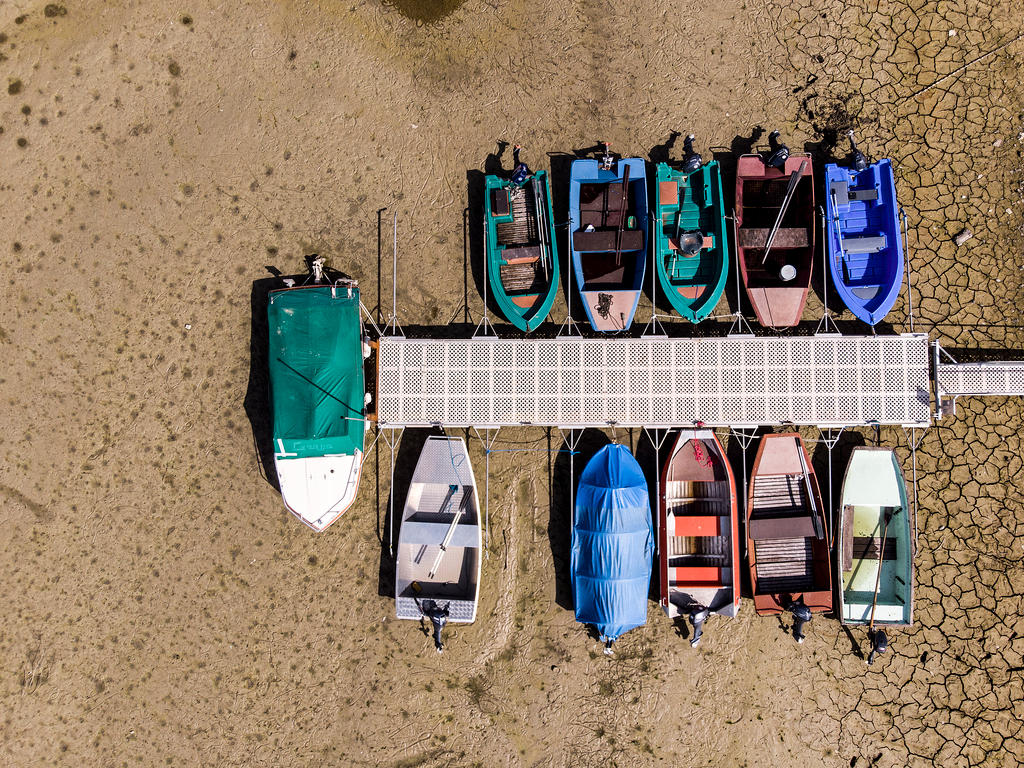
More
Torrid time predicted for Switzerland by 2060

In compliance with the JTI standards
More: SWI swissinfo.ch certified by the Journalism Trust Initiative










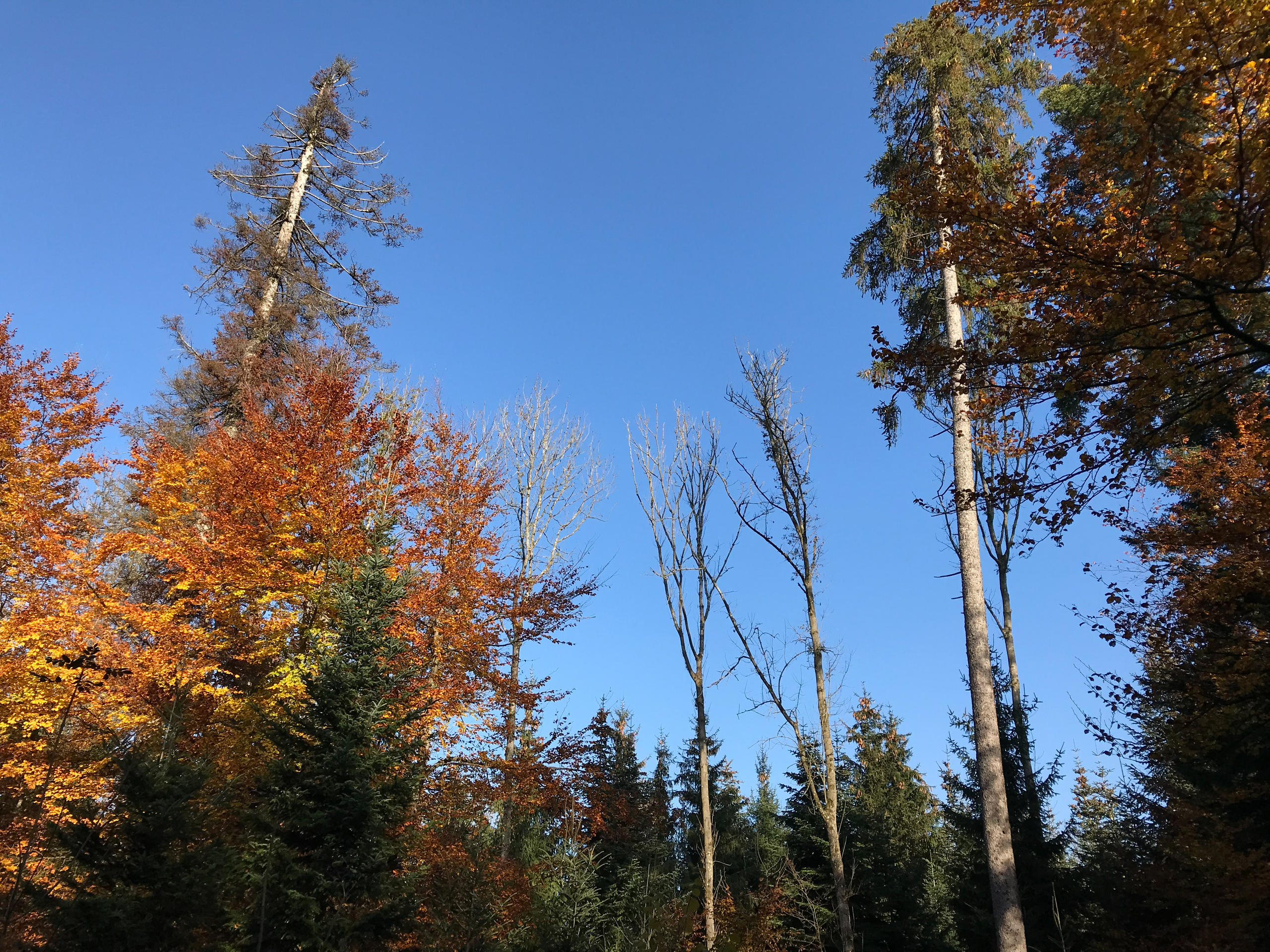
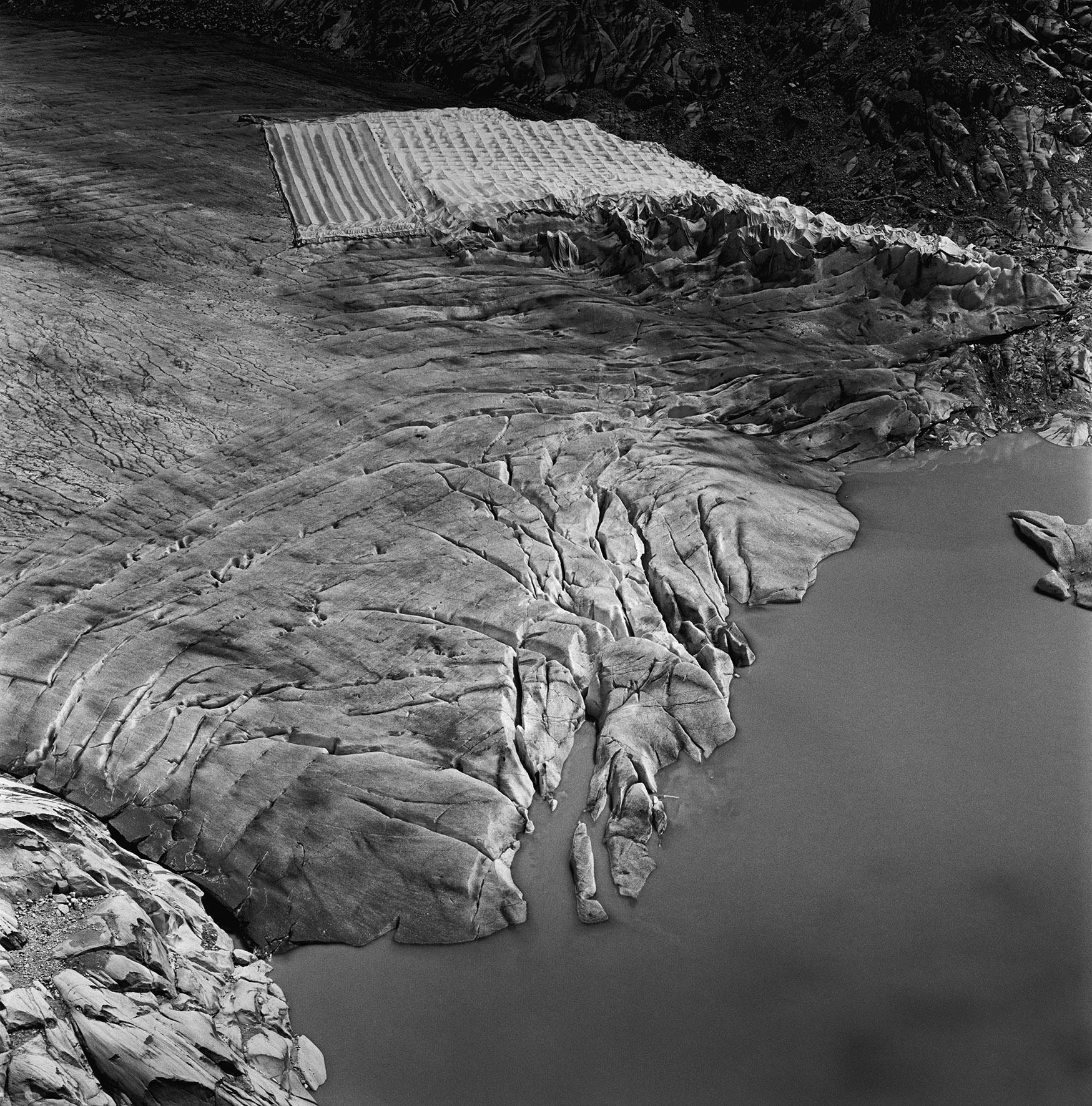



You can find an overview of ongoing debates with our journalists here . Please join us!
If you want to start a conversation about a topic raised in this article or want to report factual errors, email us at english@swissinfo.ch.